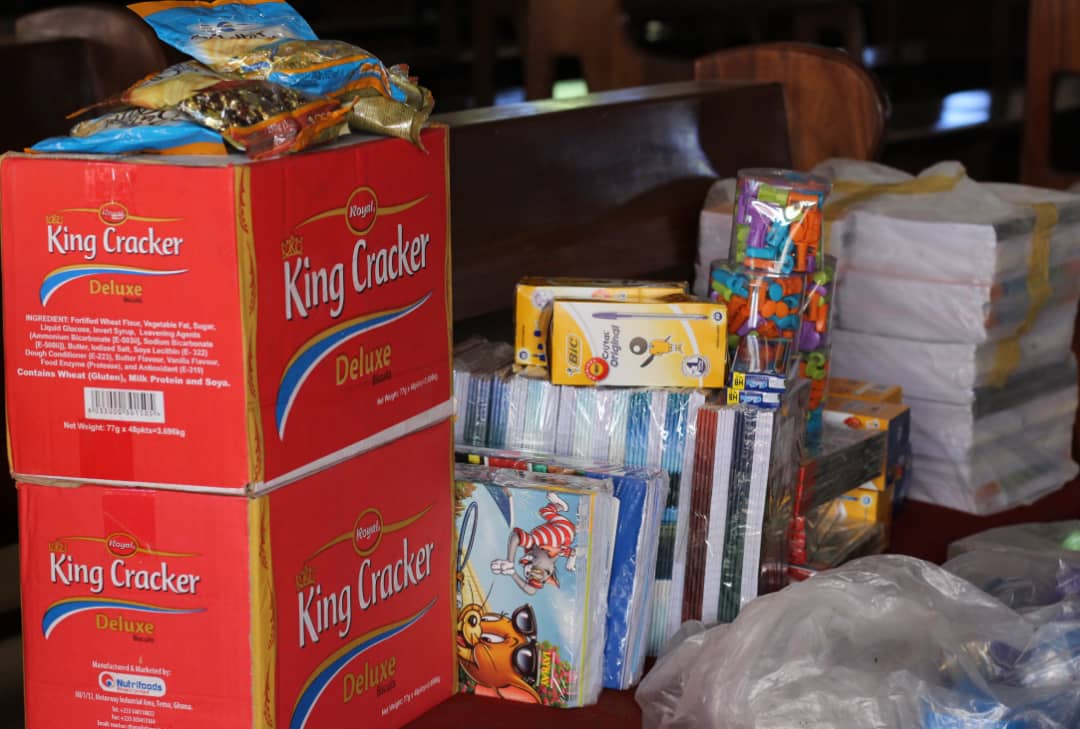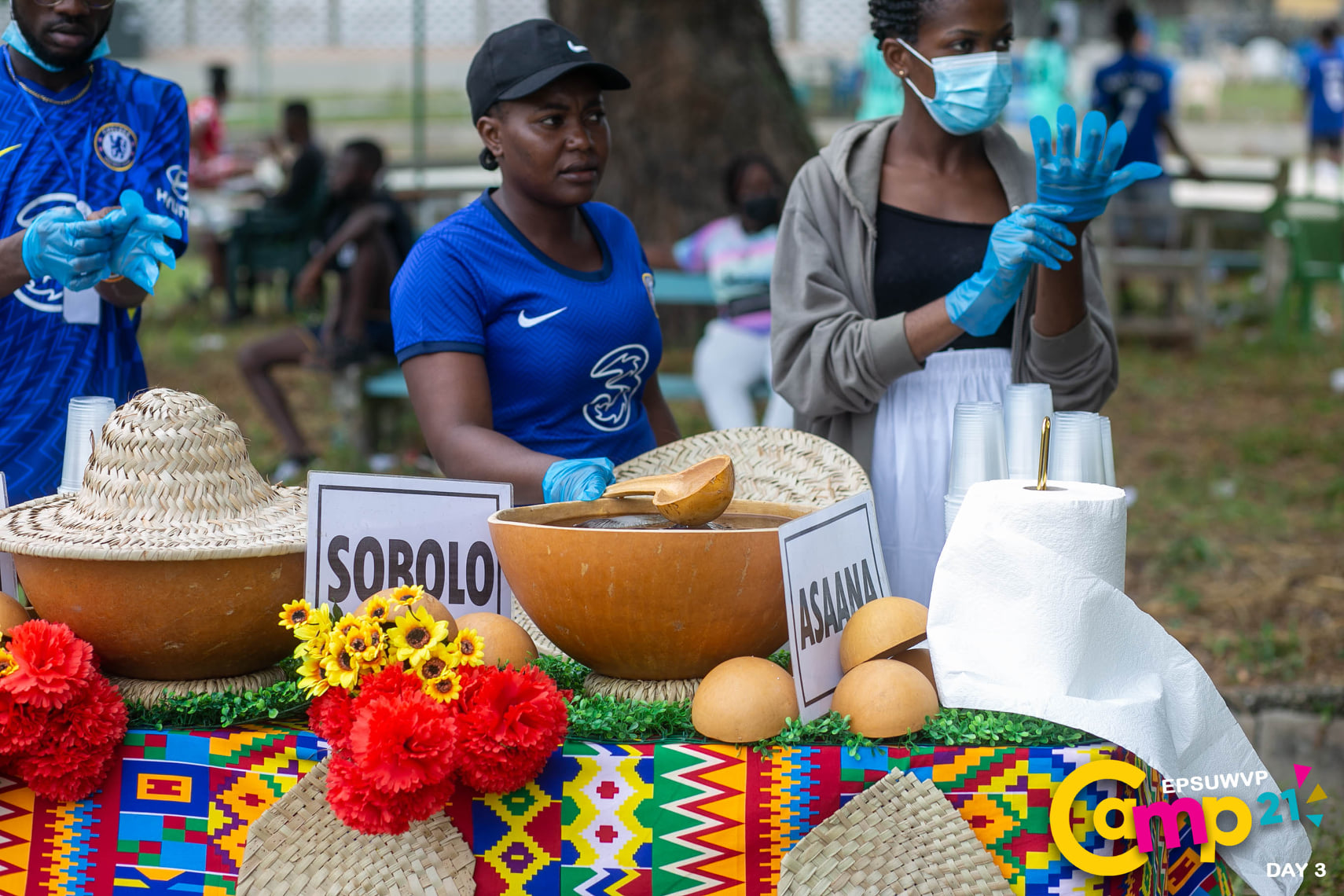18 Common Myths About Foster Care
1804038453.jpg)
The stigma surrounding mental and behavioral health services manifests itself in many ways. In the case of the foster care system, one effect is the acceptance of “myths” about the concept of fostering, the situations from which kids enter foster care, and the rules that govern the system.
The professionals who staff KidsPeace Foster Care operations in Pennsylvania compiled a list of the 18 common myths about foster care.
Here are the myths they identified, and why they DON’T represent the truth about foster care:
Foster Care Myth # 1 – You can’t be single. FALSE
There are no marital requirements to be a foster parent. Foster Parents can be: Single, Married, Divorced, Widowed, Separated, Cohabitating, etc.
Foster Care Myth #2 – You can’t work full time. FALSE
Many foster parents work outside the home. There is Day Care assistance available (there may be a waitlist).
Foster Care Myth #3 – I’m too old. FALSE
The only age requirement is that you must be over the age of 21.
Foster Care Myth #4 – You must be a parent. FALSE
Many Foster Parents do not have children. KidsPeace will teach you parenting strategies using Duke University’s Together Facing the Challenge.
Foster Care Myth #5 – I can’t have pets. FALSE
Many foster parents have pets. All domesticated animals must have proof of current Rabies Vaccination. Many foster children respond well to pets. Pets can be a source of comfort and affection to a child who has been hurt or abused.
Foster Care Myth #6 – Foster kids are unfixable. FALSE
Children are resilient. Foster Parents can make a difference in the life of a child by providing love, structure, support, and a caring environment.
Foster Care Myth #7 – I have to provide Medical Insurance. FALSE
Foster Parents do not pay for medical expenses except over-the-counter medicine and supplies. All Foster Children are covered by medical assistance through their county for all medical, dental, and mental health care needs.
Foster Care Myth #8-You need to own your home. FALSE
Foster parents can either own or rent. The home must have adequate bedroom space for the children. Each child must have their own bed.
Foster Care Myth #9- Foster Children can’t do normal things. FALSE
With training, foster parents can make decisions related to vacations, baby sitters, playing sports, allowing teens to work part-time or get a driver’s license.
Foster Care Myth #10- You can’t foster if you are part of the LGBTQ+ community. FALSE
Sexual orientation or gender identity DOES NOT disqualify you from being a KidsPeace foster parent.
Foster Care Myth #11- I can’t foster, I would get too attached. FALSE
Instead of letting the fear of getting too attached deter us, we should actually let the fear of these kids never feeling truly attached to someone drive us. Being afraid of getting attached is exactly what these children need- a person who cares deeply for them, regardless of their experiences or behaviors.
Foster Care Myth #12- I can’t afford to be a foster parent. FALSE
Foster parents are reimbursed for the care of children in foster care. This stipend is based on the assumed cost of raising a child in Pennsylvania., and any special needs of the child. The stipend is intended to help with: food, personal hygiene products, allowance, gifts, and other expenses related to raising a child. This stipend is not a paycheck but is a reimbursement to help cover the cost of providing care to a child in foster care.
Foster Care Myth #13- I can’t foster because I had a difficult time in my life. FALSE
Everyone faces challenges. It’s how we handle and overcome those challenges that matter. The children come from backgrounds that have included abuse, trauma, substance abuse or mental health issues. We hope to show them any challenge can be faced and overcome. In the home study process, we will help you determine which past experiences may help you as a foster parent. We have even had foster parents who were in foster care placement as a child, looking to be mentors for the foster children.
Foster Care Myth #14- I can’t be a foster parent because of my faith (or lack of faith). FALSE
Some foster parents are very active in their faith/religion. Other foster parents may not be practicing or do not have particular formal beliefs. During the approval process, we will look at the role which religion plays in the family and how a family can support children in allowing them to pray, celebrate holidays, and be involved with their own religion.
Foster Care Myth #15- Most children in foster care have been in multiple placements. FALSE
Many of the children are entering for the first time because of an unsafe situation with their family. We recognize that any move that a child has to make can be a source of trauma. At KidsPeace, we work closely with new families in matching the kind of child who would be most successful in the home. Regular casework support with foster children and foster families help maintain a stable placement and develop plans for permanency. These goals can include family reunification, placement with another family member, and possible adoption when needed.
Foster Care Myth #16- Teenagers are the most difficult to foster. FALSE
Each child brings with them their own unique strengths and abilities depending on their trauma experiences. Some teens have good coping skills and see foster care as a chance to recover and move forward. These teens are able to succeed in school, participate in community activities, hold part-time jobs, and have plans for the future. They view foster care as a safe shelter and seek mentors in foster parents and caseworkers.
Foster Care Myth #17- I’m waiting for the “perfect” time to foster. FALSE
There are definite times when a person should wait to foster – when dealing with a family crisis; health emergency; in transition to a new home, relationship, or job; or during financial struggles.
One reason people say “no” to fostering is “I’m too busy.” Most of us are busy, but what kind of things are keeping you busy? What is the value of these activities for ourselves and for others? Is it time to put aside old activities and try something new and more valuable? Will these things still be there in the future?
Think about the kids in need. These children and teens are experiencing things they neither deserve nor expected- physical and emotional abuse, sexual exploitation, neglect of basic physical, medical, and emotional needs. They cannot wait for a “perfect” time for a responsible adult to help them.
If you can’t find the perfect time for yourself, can you find a better time to help children?
You are not in this alone. The KidsPeace staff members will work with you and your family to make foster parenting a successful experience for everyone involved. It’s never too late – or too early – to change a child’s life!
Foster Care Myth #18- I could never do what other foster parents do. FALSE
Yes, many foster parents are amazing people. They would also be the first to tell you that they foster for the children’s benefit and not for their own success. Foster parents are able to accept a child’s past history and trauma, work with them each day to help them heal and succeed, and have faith that the future will be positive because of the seeds of hope that they plant.
Successful foster parents know that they are not doing it by themselves. They rely on other members of the treatment team – caseworkers, therapists, and other foster parents, friends, and family members. Foster parents recognize that it does take a village.
18040384531201227500.jpg)

